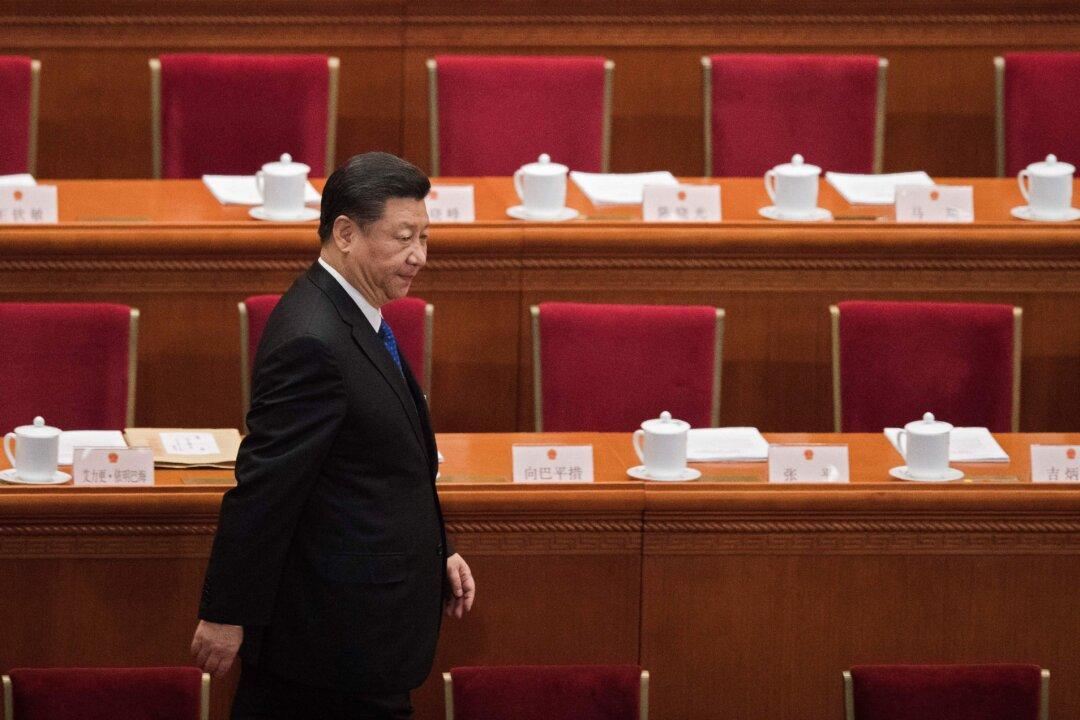The news of China abolishing term limits for the state chairman position has led many to speculate that current chairman Xi Jinping may rule for life.
What’s Behind China’s Constitution Changes
Analysts break down Xi Jinping’s move to eliminate leader term limit

Chinese leader Xi Jinping arrives for the fourth plenary session of the National People's Congress (NPC) at the Great Hall of the People in Beijing on March 13, 2018. Nicolas Asfouri/AFP/Getty Images
|Updated:
Annie Wu joined the full-time staff at the Epoch Times in July 2014. That year, she won a first-place award from the New York Press Association for best spot news coverage. She is a graduate of Barnard College and the Columbia University Graduate School of Journalism.
Author’s Selected Articles




